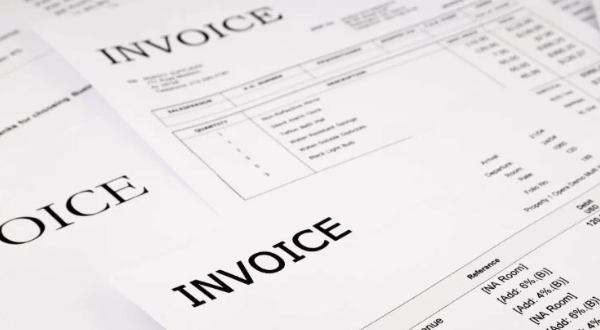Introduction
In the realm of international trade, a commercial invoice is a vital document that serves as a cornerstone for cross-border transactions. It plays a crucial role in facilitating the movement of goods across borders and serves as the basis for customs declarations and taxation. In this article, we will explore the significance of a commercial invoice, its key components, and its role in simplifying global trade.
What is a Commercial Invoice?
A commercial invoice is a detailed and legally binding document issued by the seller to the buyer in international trade transactions. It provides a comprehensive breakdown of the goods being shipped, their value, and terms of sale. This document serves as evidence of the agreement between the exporter and the importer and helps customs authorities classify the goods correctly for import duties and taxes.
Key Components of a Commercial Invoice
1. Seller and Buyer Information: The commercial invoice should include the names, addresses, and contact information of both the seller (exporter) and the buyer (importer).
2. Invoice Number and Date: A unique invoice number and the date of issuance are crucial for reference and tracking purposes.
3. Description of Goods: A detailed description of the goods being shipped, including quantities, unit prices, and total value, must be provided. The description should be clear, concise, and consistent with the packing list and other shipping documents.
4. Terms of Sale: The terms of the sale, such as Incoterms (International Commercial Terms), payment methods, and the agreed-upon currency for payment, should be clearly stated.
5. Country of Origin: The commercial invoice should indicate the country where the goods were manufactured or produced. This information is essential for determining eligibility for preferential trade agreements and tariff treatments.
6. Shipping Details: Details regarding the mode of transportation, the destination port, and the expected date of delivery should be included.
7. Total Invoice Value: The total value of the shipment, including the cost of goods and any additional charges (e.g., shipping and insurance), should be clearly specified.
8. Payment Instructions: Clear instructions on how and when the payment should be made, including bank account details, are vital for ensuring smooth financial transactions.
9. Authorized Signatures: The commercial invoice should bear the authorized signatures of the seller or their representative to validate the document.
The Role of Commercial Invoice in International Trade
1. Customs Clearance: Customs authorities in the importing country rely on the commercial invoice to assess duties and taxes on the goods. A complete and accurate invoice ensures a smooth customs clearance process.
2. Legal Protection: The commercial invoice serves as a legally binding contract between the buyer and the seller, protecting both parties’ rights and obligations.
3. Recordkeeping and Auditing: The invoice acts as a crucial document for recordkeeping and financial auditing purposes, providing a transparent account of the transaction.
4. Facilitating Payment: The detailed information in the commercial invoice helps the buyer understand the costs involved in the transaction, facilitating prompt and accurate payment.
5. Insurance Claims: In case of loss or damage during transit, the commercial invoice assists in filing insurance claims by providing evidence of the goods’ value.
Conclusion
In the complex world of international trade, a commercial invoice plays a fundamental role in ensuring transparent and smooth cross-border transactions. By providing a detailed breakdown of the goods, their value, and the terms of sale, this document serves as a legally binding contract between the exporter and the importer. A well-prepared commercial invoice expedites customs clearance, facilitates prompt payments, and helps avoid disputes between parties involved. As such, understanding the significance of a commercial invoice and ensuring its accuracy and completeness is essential for businesses engaged in global trade, as it streamlines operations and fosters successful international business relationships.







